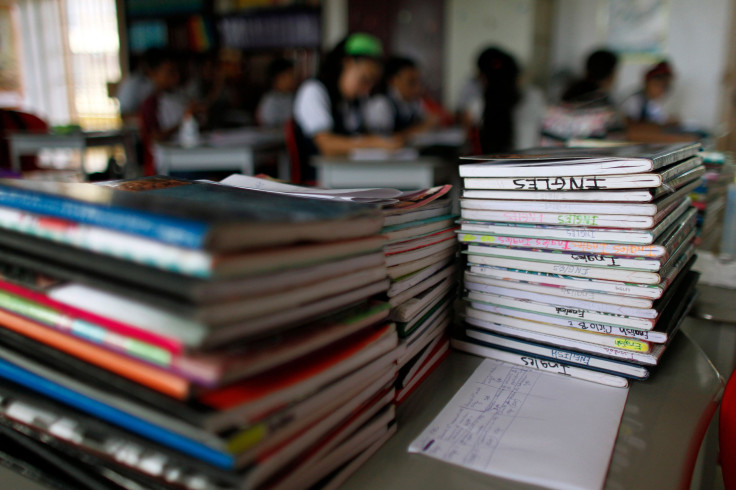Today's Schools Fail To Educate Tomorrow's Workers

Your child's future occupation probably hasn't been invented yet. The World Economic Forum predicts 65 percent of today's students will end up in jobs that don't currently exist.
Unfortunately, most K-12 schools aren't preparing students to fill the jobs of the future.
Here are some skills that schools desperately need to start teaching.
Get real
Employers prefer candidates with real work experience on their resumes. Sixty percent of employers give stronger consideration to applicants who've had internships.
In response, some universities have incorporated internships into their curricula.
But K-12 education has a role to play here as well -- by offering real-world lessons. Rather than learning about local government in a classroom, students might visit city hall and sit in on legislative proceedings. Rather than learning about science indoors they may go to local laboratories and nearby parks, bodies of water or forests.
Be independent
Businesses are increasingly looking for employees who can work independently and teach themselves. Consider the growing number of companies embracing remote work. Almost two-thirds of U.S. companies employ remote workers, according to freelance site Upwork. Since 2005, remote work has spiked 115 percent.
Additionally, more and more Americans are ditching full-time office work for entrepreneurial, freelance jobs. About 3.7 million people joined the freelancing ranks between 2014 and 2018. One in five Americans is currently a contractor, a figure that is set to increase.
In light of these trends, it's never too early to start teaching kids how to manage their own time. At Mysa, the micro-school I founded, we have kids schedule their own learning. Every week, our students get a menu of tasks they must finish in between classes and other assignments by week's end. This approach not only improves students' time-management and organization, it also helps them independently identify their personal strengths and weaknesses.
Play nice with others
Communication platforms like Skype have made it easy to instantly connect with coworkers in other parts of the world. And the rise of augmented reality is quickly globalizing the workforce. The "Remote Expert" from LA company DAQRI lets employees at companies like BMW and SpaceX connect to experts across the globe when they have a question.
What does that mean for tomorrow's workers? They'll need to be comfortable collaborating with people in different age groups and cultures. Demand for social soft skills is predicted to jump 26 percent in the United States by 2030.
In addition to these soft skills, modern workers will need to develop a "global mindset," as Flemming Poulfeldt, professor of management at the Copenhagen Business School, puts it. "You have to create an environment, both at home and abroad," he says, "that is welcoming and supportive to global workers."
It's never too early to start prepping students for this reality. Programs like the Centre for Global Education, ePals, and the Global Classroom Project connect K-12 students with their peers around the world for shared learning experiences.
Ask "how" not "what"
Artificial intelligence systems are steadily taking over the American workplace. By 2022, Gartner predicts 20 percent of workers completing non-routine tasks will work with robots.
But the rise of advanced technology should also spur a bigger picture change in the way we teach. If a student can Google something, there's no use in quizzing them on it. Tomorrow's employers aren't looking for workers who've memorized the most facts, they're looking for those who can efficiently research the facts and use them to form unconventional conclusions.
In a World Economic Forum survey, "Analytical thinking and innovation" ranked first on the list of skills employers will demand in 2022. With that in mind, schools should focus less on "what" students should learn, and more on "how" they should learn it. Rather than force students to memorize lists of historical dates and events, schools should teach kids how to navigate the modern world to find the content and learn the skills they need.
Students need to know when to turn to YouTube or Google, when to consult an academic journal, and when to ask a person for insight.
Tomorrow's working world will look nothing like it does today. Modern schools need to do their homework on future workplace trends, and adapt accordingly.
Siri Fiske is founder and head of Mysa School in Bethesda, Maryland and Washington, D.C.
© Copyright IBTimes 2024. All rights reserved.











